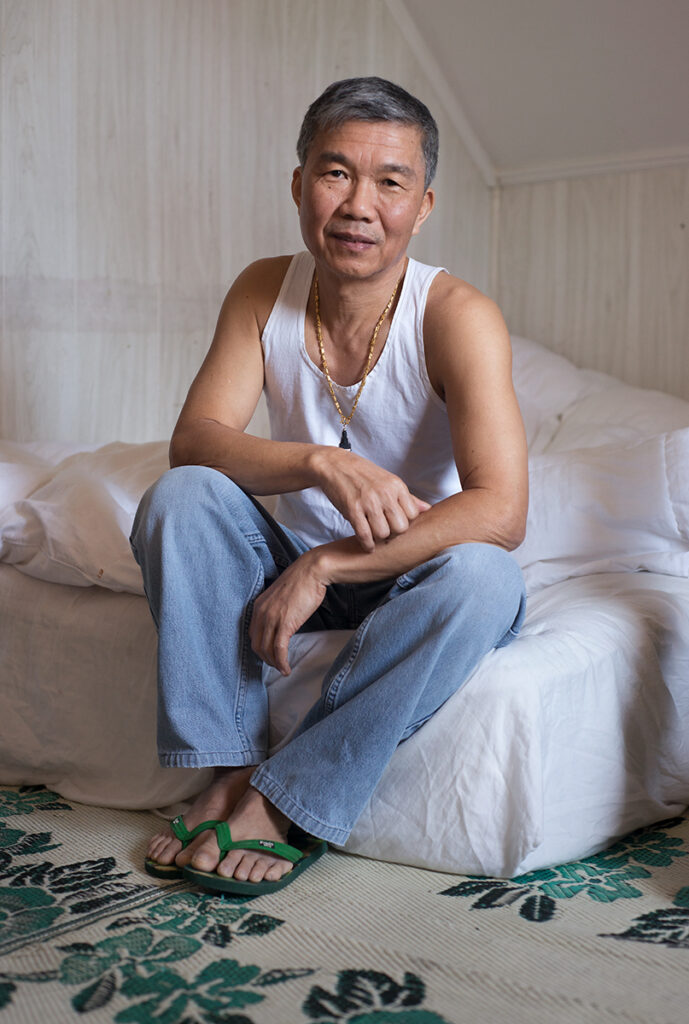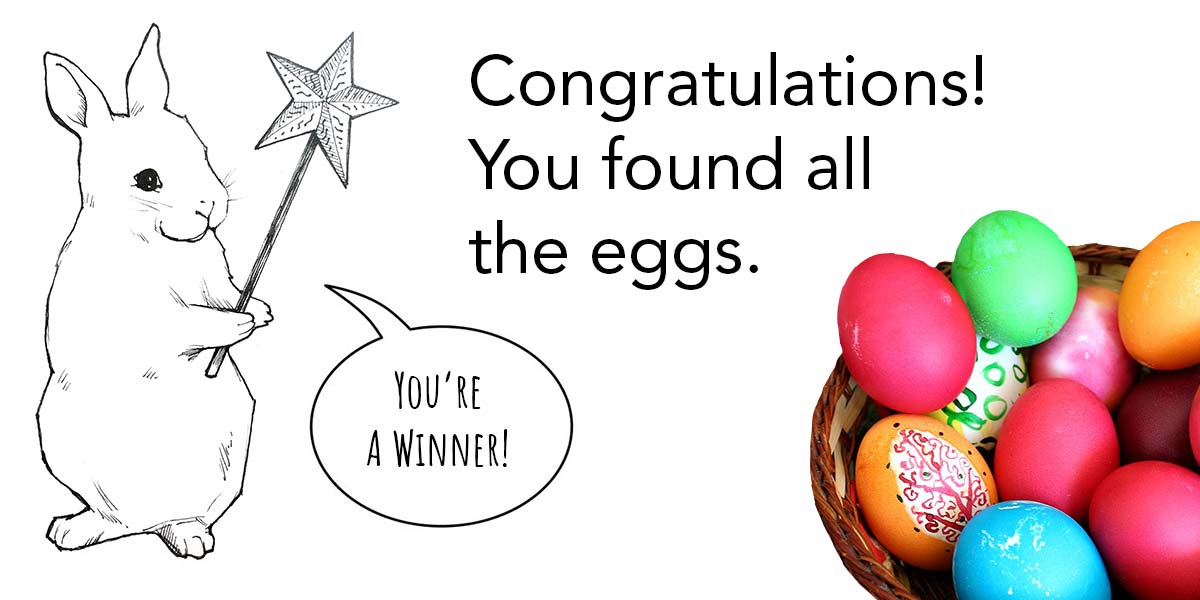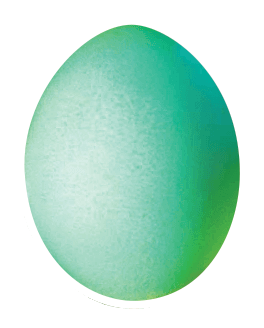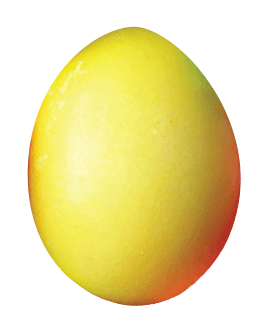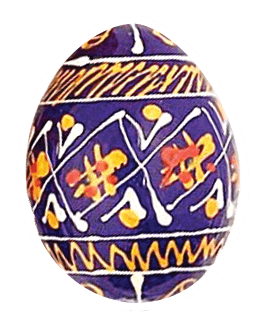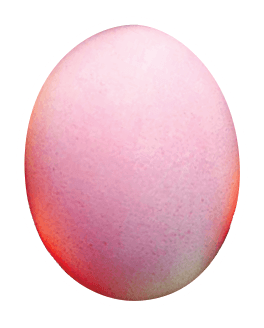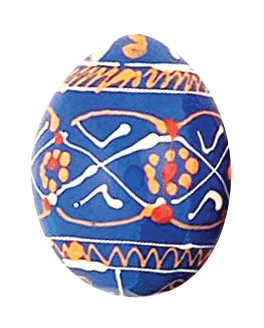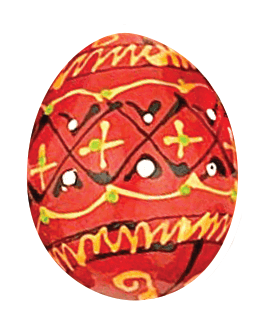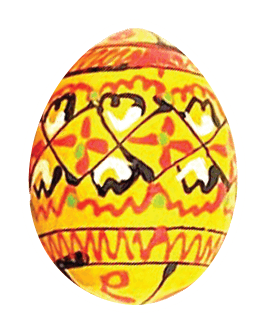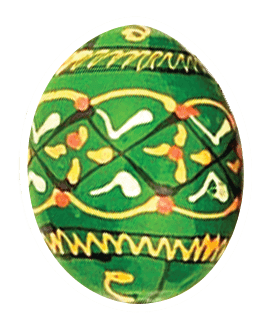My friend Molly is from Cambodia. She is very active within the Southeast Asian community in Rhode Island. I told her I was making portraits of Providence people, and she invited me to meet – and maybe photograph – her mother. One evening in the winter I went to see them, in the apartment house they own in Silver Lake. While I sat on the couch with a cup of tea I noticed a man walking among the rooms. He was a friend of the family who lived with them, Molly said. I found I was very drawn to this man, and I asked him if I could make his portrait.
His name is Thuan, but Molly calls him Pou, for Uncle. He speaks Khmer, and very little English, so Molly translated for us. We set up a time for me to come back to the house, and when I arrived he was waiting for me, with his hair wet and neatly combed. We made the portrait in the front room of their apartment, by a window.
When I later returned with the portrait, Thuan said he liked it. Molly said it looked as though he was between two worlds, the blank wall and straw mat reminding her of life in a refugee camp, but his tank top and jeans making him look like a cool American guy. Thuan said that the photograph was nice, but that he looked sad, even though he didn’t feel sad. When he said this, Molly made a face at me, as though she disagreed with him.
In the hour that followed, Molly told me Thuan’s story, sometimes asking him questions in Khmer, sometimes just talking while he sat quietly. The story is complicated: though he had Cambodian parents he was born in Vietnam, and in 1984, while the two countries were at war, he was mistaken for Vietnamese. He was imprisoned by Cambodian soldiers, and beaten, tortured, and forced to witness the torture of others. Molly said, “The prison in Cambodia took everything: took away his life, his soul. That’s why we love him and take care of him. Right, Pou?”
Molly said that Thuan, who is 65, now works on an assembly line in Massachusetts, putting together bottles of air-freshening spray, but that the effects of his time in prison – backaches, migraines – make it hard for him to hold down a job. As I listened and looked at Thuan, I grew more and more uncomfortable. I felt it would be impossible for me ever to understand these fragmented pieces of his life, and that, no matter how I presented it, it would be inadequate. Still, I said to Molly, “When you asked him if he was sad he said, ‘No,’ right?”
“Yeah, but that’s why I gave you that face,” she replied. “Because I know the truth.”
